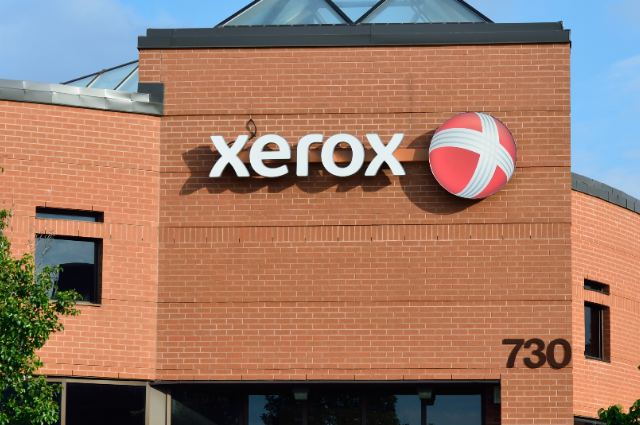"Why do good companies go bad?" This perplexing question echoes through the annals of corporate history, finding resonance in the tale of the Xerox Scandal. In the early 2000s, Xerox, a stalwart in the world of imaging and document solutions, found itself entangled in a web of deceit that shook the foundations of trust in corporate governance. The scandal's genesis lay in a concerted effort to portray a facade of financial robustness when, in reality, the company was navigating troubled waters.
At the heart of the Xerox Scandal was a series of deliberate accounting irregularities. The company engaged in manipulative practices that inflated revenues and concealed expenses, presenting a misleading financial image to investors, stakeholders, and the wider public. The motivation behind these actions stemmed from the intense pressure to meet financial targets and market expectations.
Xerox, facing challenges in a rapidly evolving business landscape, succumbed to the temptation of short-term financial gains. Market pressures, coupled with the competitive environment, created a scenario where the company felt compelled to bolster its financial standing, even if it meant resorting to unethical practices. The intricate dance of financial manipulation was not merely an isolated incident but rather a symptom of deeper-rooted ethical lapses within the organization.
As we embark on an exploration of the Xerox Scandal, the imperative is not only to dissect the details of the financial missteps but also to unravel the ethical fabric that unraveled, allowing such deceptive practices to take root. The story of Xerox serves as a cautionary tale, prompting us to scrutinize the ethical foundations of corporate decision-making and to seek remedies that can prevent the recurrence of such damaging scandals.
1. Unraveling the Ethical Lapses
The Xerox Scandal was not merely a financial misstep; it was a manifestation of ethical lapses deeply ingrained in the organizational culture. By examining the series of decisions that led to the scandal, we can identify the erosion of ethical principles, from the boardroom to the accounting department.
2. The Ethical Framework That Could Have Saved Xerox
Implementing a robust ethical framework is paramount for preventing corporate scandals. This involves fostering a culture of transparency, accountability, and integrity. By integrating ethical considerations into decision-making processes and ensuring checks and balances, organizations can create a resilient ethical foundation.
3. Minimizing Consequences Through Ethical Leadership
Ethical leadership plays a pivotal role in steering an organization away from scandalous paths. Leaders who prioritize integrity set the tone for the entire company. Examining the role of leadership in the Xerox Scandal provides insights into how ethical guidance could have averted the crisis and minimized its aftermath.
Critics may argue that external factors such as market pressures and competition drove Xerox to manipulate its financial statements. While these external pressures are undeniable, a robust ethical framework would equip the company to navigate challenges without compromising integrity. By acknowledging external pressures and addressing them ethically, companies can maintain their moral compass.
In conclusion, the Xerox Scandal serves as a stark reminder of the fragility of ethics and integrity in corporate environments. By unraveling the intricacies of the scandal, we have highlighted the ethical foundations that crumbled, leading to its devastating consequences. The imperative for a robust ethical framework, ethical leadership, and a culture of transparency has been underscored.
As we reflect on the Xerox Scandal, the reformulation of the thesis statement emphasizes the urgency of fortifying organizations with ethical armor to withstand external pressures and internal temptations. The scope for further study lies in exploring case studies of companies that successfully navigated challenges with ethical resilience and dissecting the elements of their ethical frameworks.
The essay concludes with a thought-provoking question: Can companies truly thrive without compromising ethics, and what lessons can be drawn from the Xerox Scandal to shape a future where integrity is non-negotiable?
This exploration paves the way for ongoing discourse on the intersection of business, ethics, and integrity, fostering a culture where corporate success is not measured solely in financial terms but in the unwavering trust of stakeholders.

